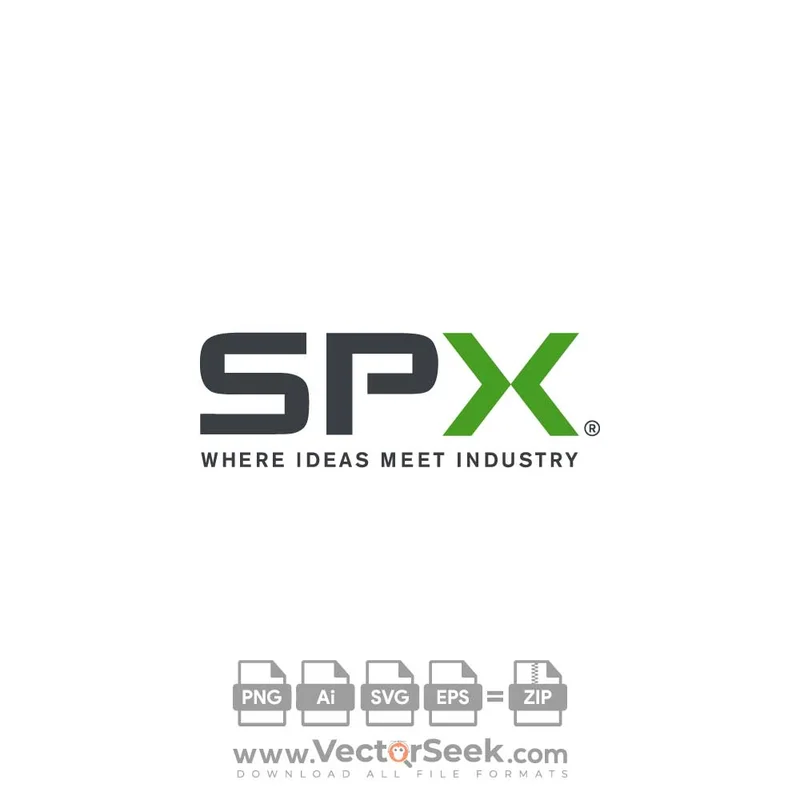I saw the headlines yesterday. I’m sure you did, too. The S&P 500, after a record-breaking run, suddenly got cold feet. The Nasdaq stumbled. And why? Because of a whisper, a rumor that turned into a report with headlines like, SPX: S&P 500 Snaps Win Run on Report Saying AI Profits May Not Be Great — Or Exist at All.
When I read that, I honestly just sat back in my chair and laughed. Not a cynical laugh, but a laugh of pure, unadulterated astonishment. It was like watching someone stand before the first fire ever discovered and asking, "Yes, but what's the quarterly return on investment for 'warmth'?" We are standing at the dawn of the most profound technological shift since the printing press, and Wall Street is worried about next quarter's earnings per share.
They are asking the wrong question. It’s not about profit. It’s about potential.
This entire panic is a colossal failure of imagination. We're treating the birth of artificial intelligence like the launch of a new smartphone app, trying to cram its world-altering significance into a dusty old spreadsheet. It’s like trying to measure the value of the alphabet by the cost of ink. The alphabet’s value wasn’t in the ink; it was in the poetry, the laws, the scientific treatises, the love letters, and the constitutions that it enabled. The tool itself is nothing compared to the human renaissance it unleashes.
So, when the market asks, "Where are the profits?" I ask a different question, a better one. The same one your browser asks you a dozen times a day: "Are you a robot?" For the first time, that isn't just a simple security check. It's the central, defining question of our time.
For years, we've been forced to act like machines. We fill out forms, we follow rigid workflows, we perform repetitive tasks—we’ve been contorting our wonderfully messy, creative, human minds to fit the logic of databases and assembly lines. We have been, in essence, trying to prove to the system that we are robots.
Now, that's all about to flip.

We're building machines that can handle the robotic parts of work, of life, of thinking. This frees us up to be… well, human. The true breakthrough of AI isn't that it can think like a person; it's that it can handle the machine-like thinking that has burdened people for a century. We're seeing these models display emergent properties—in simpler terms, they're developing skills we never explicitly programmed into them, which is the kind of thing that reminds me why I got into this field in the first place.
This is the paradigm shift that the market analysts, with their eyes glued to balance sheets, are completely missing. They’re looking for a product to sell. But AI isn’t a product. It’s a catalyst. It’s a universal solvent for problems we once considered intractable. What is the "profit" of curing a disease that was previously a death sentence? What is the "market cap" of providing a personalized education to every child on Earth, one that adapts to their unique curiosity? How do you quantify the value of a breakthrough in clean energy that saves our planet?
These aren't financial returns; they are civilizational returns. And you can't put a price on that.
Imagine a biologist, on the cusp of a cancer breakthrough, no longer spending months analyzing data but instead having a conversation with an AI collaborator that can surface every relevant paper ever published, identify patterns invisible to the human eye, and simulate a thousand experiments in an afternoon. Imagine an architect designing not just a building, but an entire ecosystem, with an AI partner modeling sustainable materials and energy flows in real-time.
This isn't just about faster code or better marketing copy it's about giving every scientist a genius-level research assistant and every artist an infinite muse and every child a personalized tutor who can unlock their unique way of seeing the world. It’s a force multiplier for human intellect and creativity on a scale we haven't seen since the Enlightenment.
Of course, with this power comes an immense responsibility. We have to steer this ship with intention. We must build these systems as partners, not just as tools, embedding our deepest values of fairness, empathy, and curiosity into their very architecture. The goal isn't to build a perfect, sterile, automated world. The goal is to build a world where more people are free to be imperfect, to be creative, to be gloriously and unpredictably human.
Skeptics will always exist. They existed when the first automobiles sputtered down cobblestone streets, with critics loudly proclaiming they’d never replace the horse. They existed when the first web pages flickered to life, with pundits asking, "But what's the business model?" They were asking how to improve the horseshoe business in the age of the combustion engine. They were asking the wrong question then, and they're asking the wrong question now.
So let the markets panic. Let them fret over their quarterly reports. It’s irrelevant noise in the face of a tectonic shift. We are not building a better calculator. We are building a new partner in the grand project of human discovery. The real return on this investment won’t be measured in dollars. It will be measured in the symphonies we compose, the diseases we cure, the mysteries of the universe we unravel, and the depth of our own humanity we finally have the freedom to explore. The real profit is a better, smarter, more creative version of ourselves.